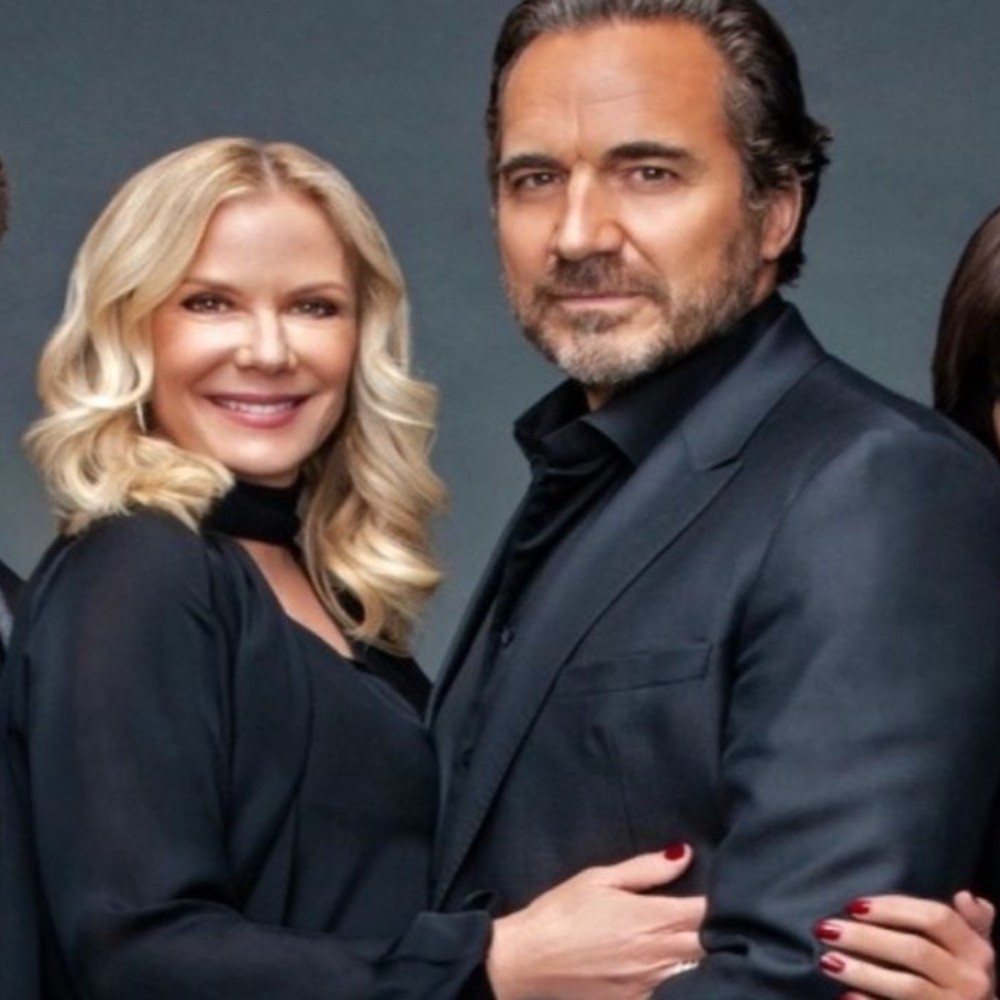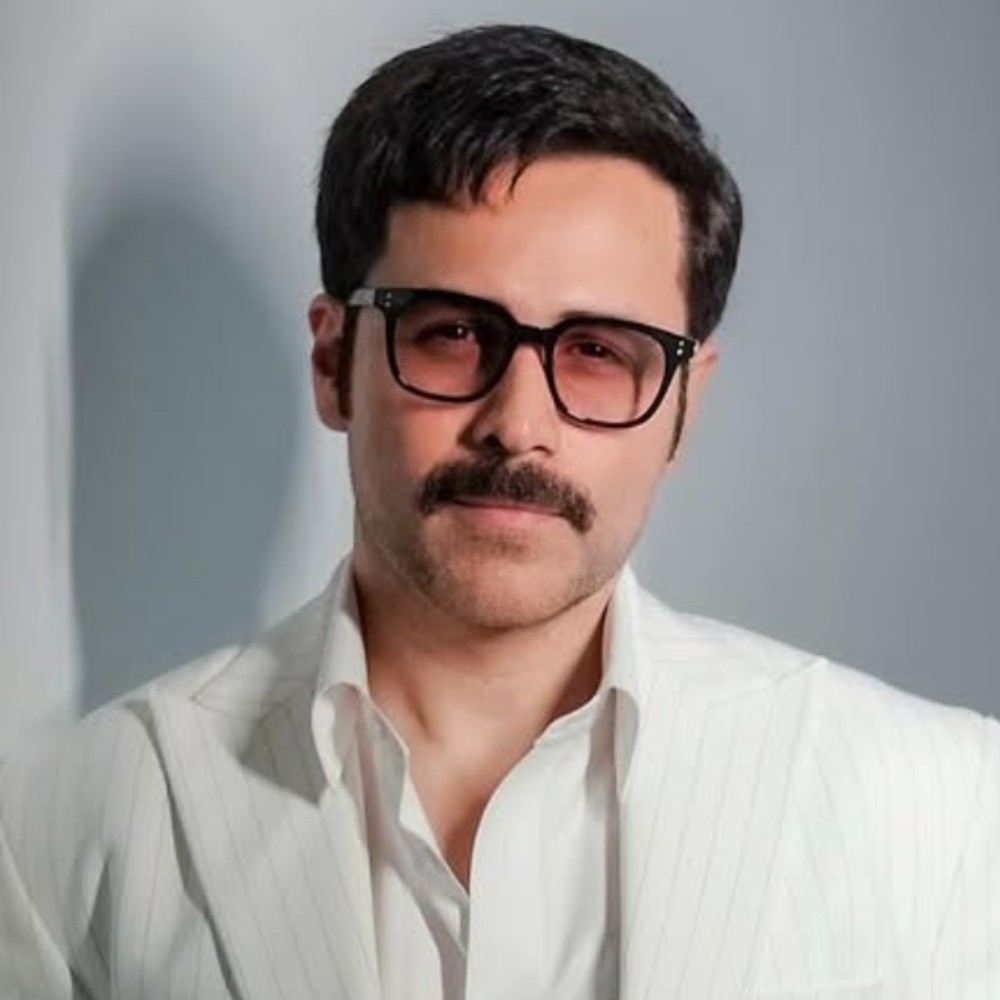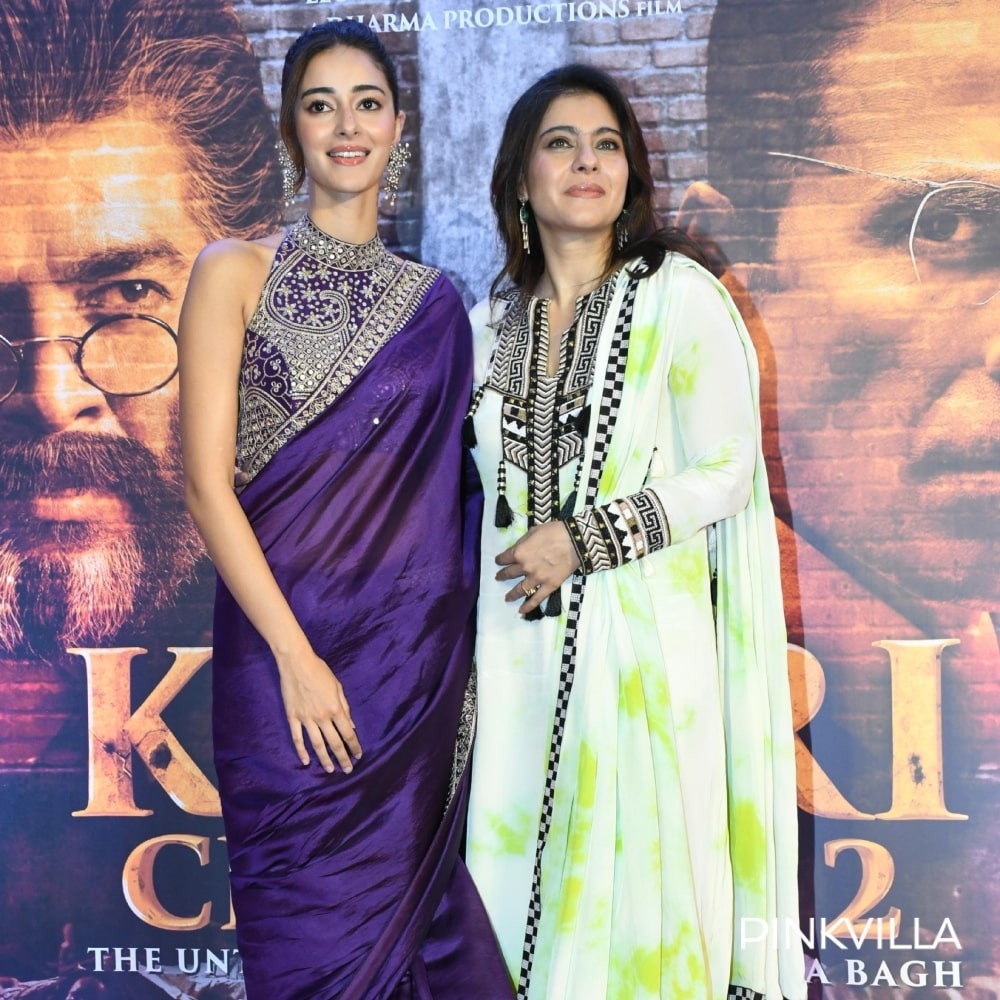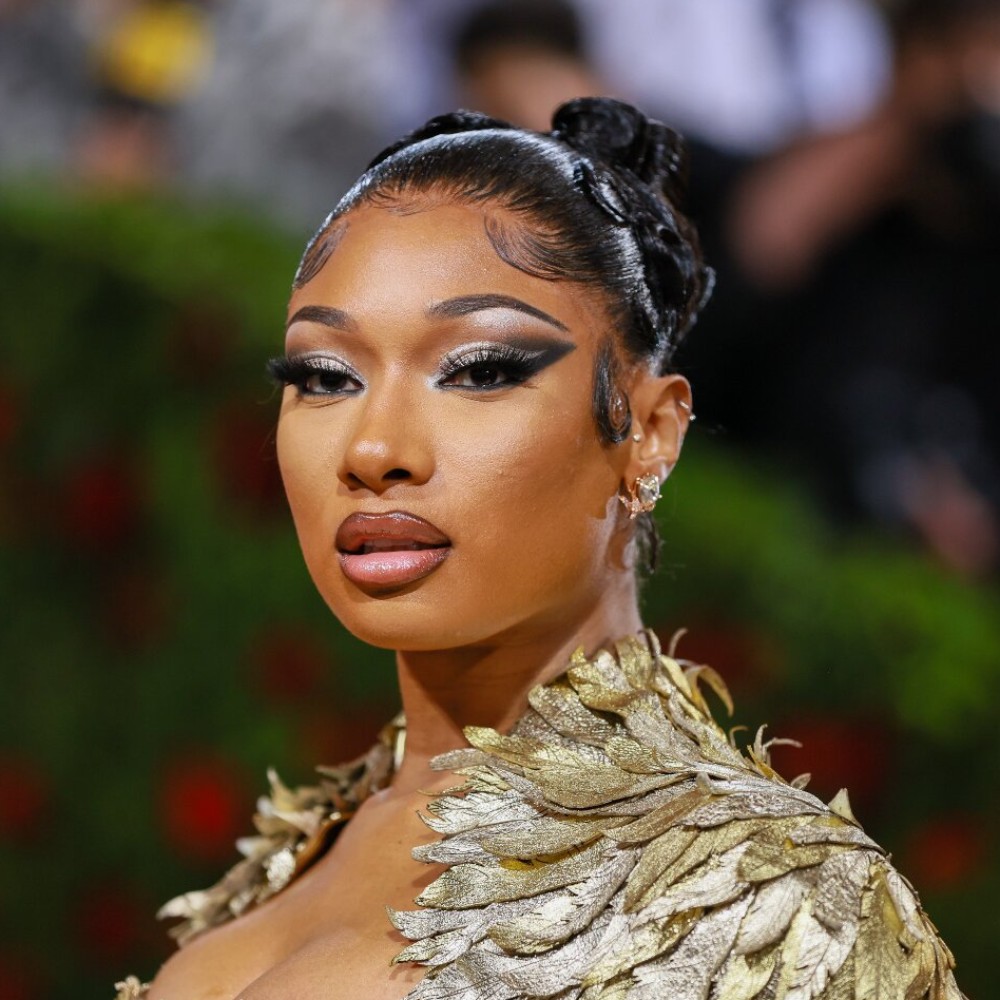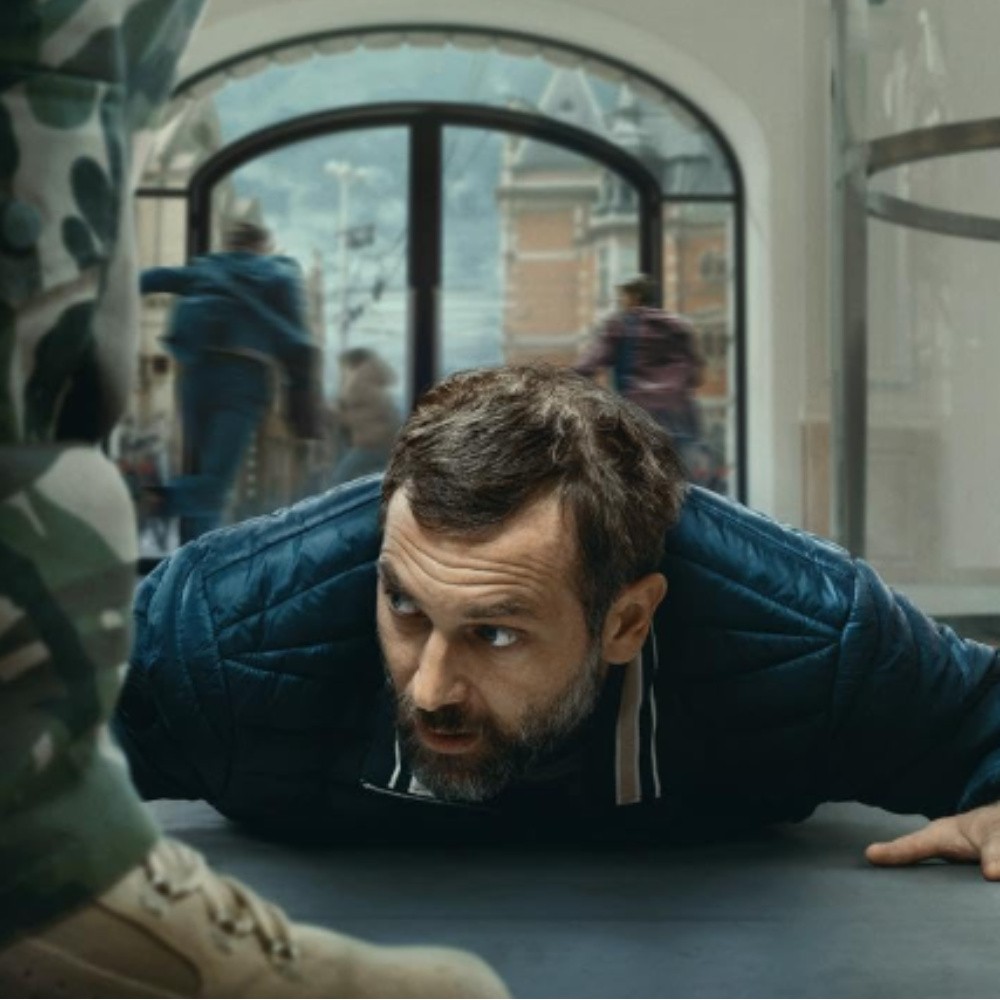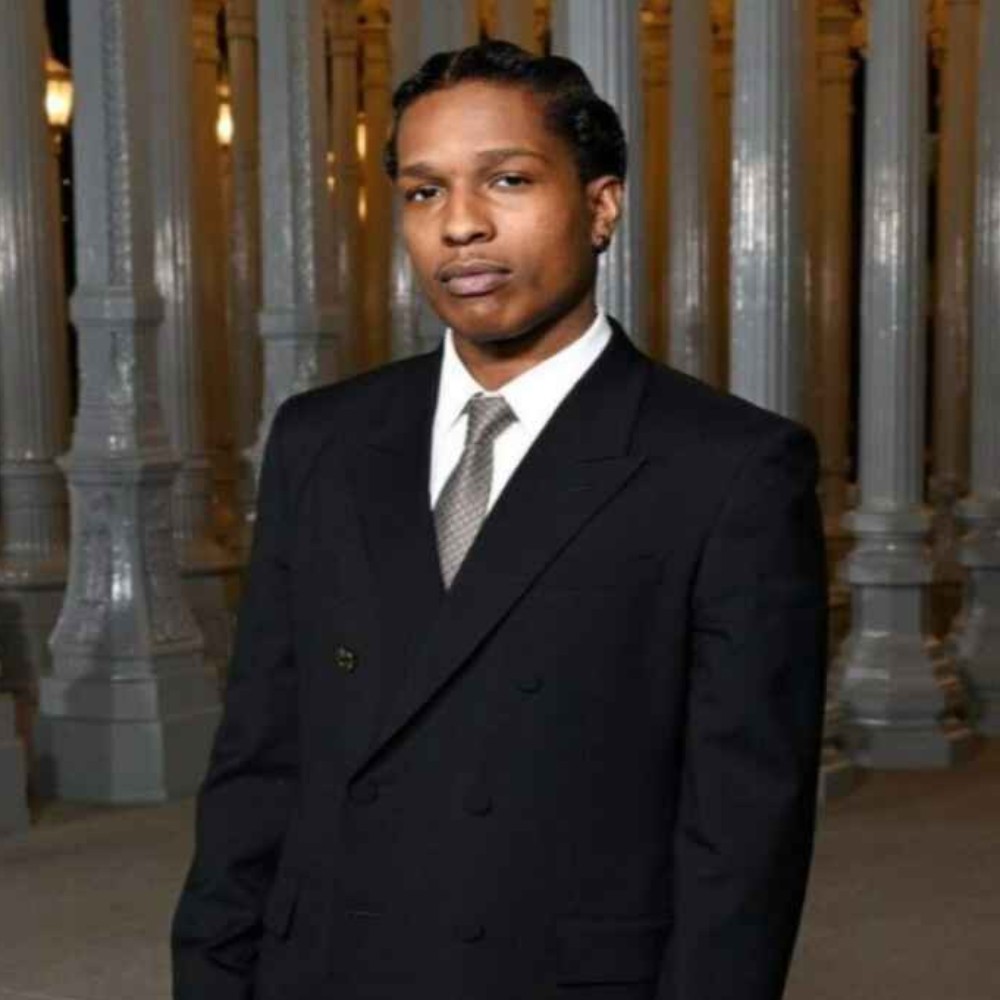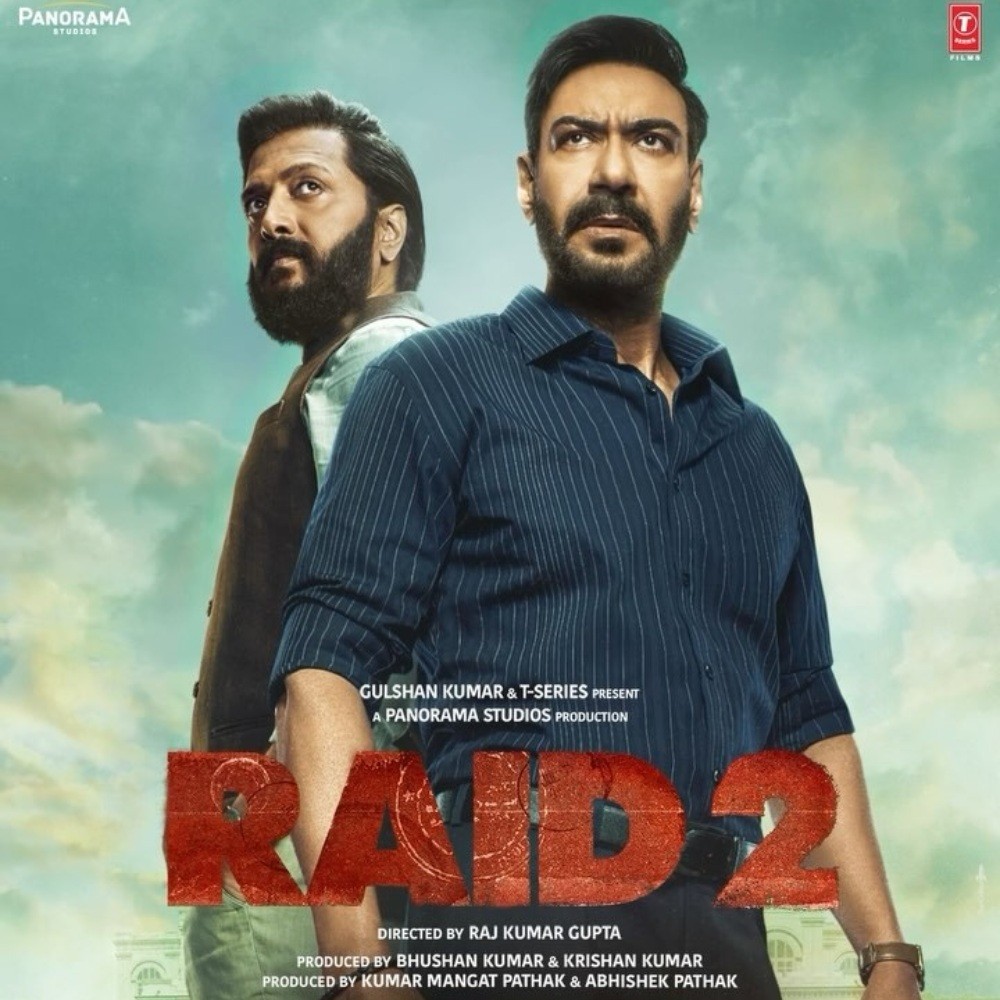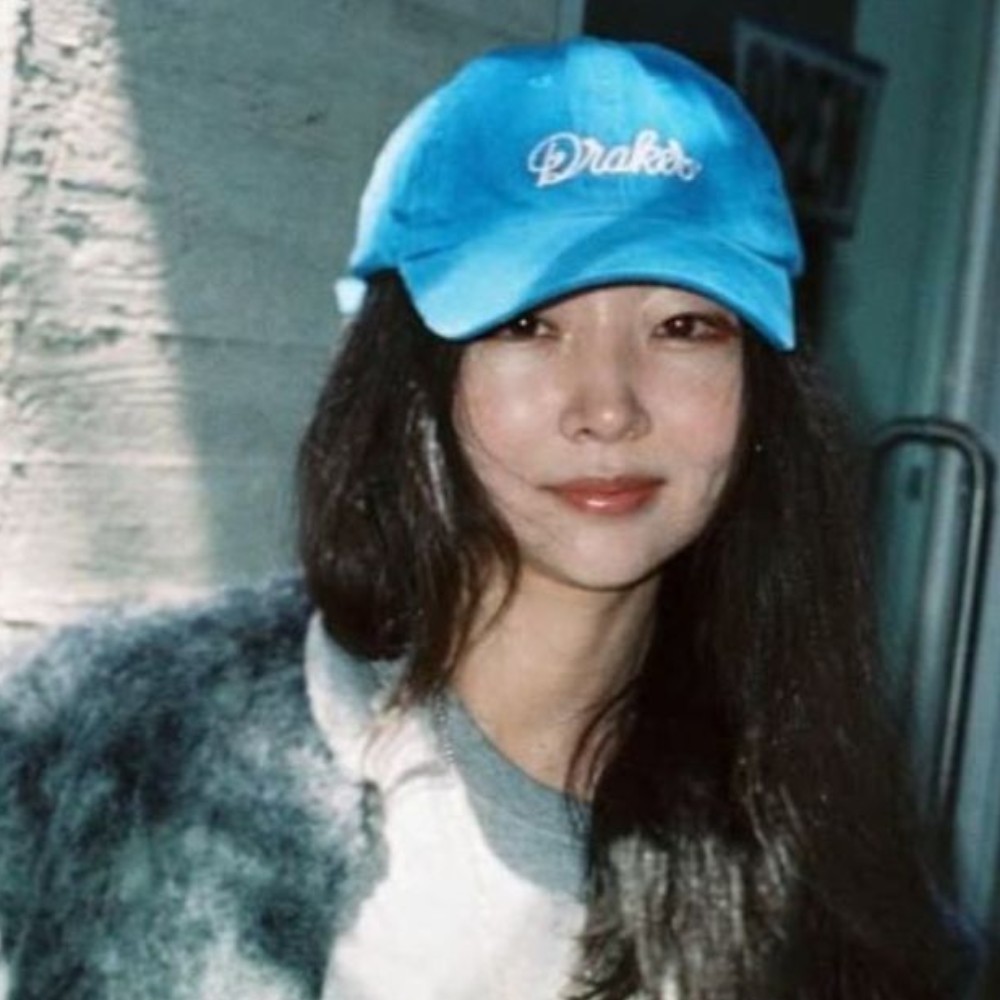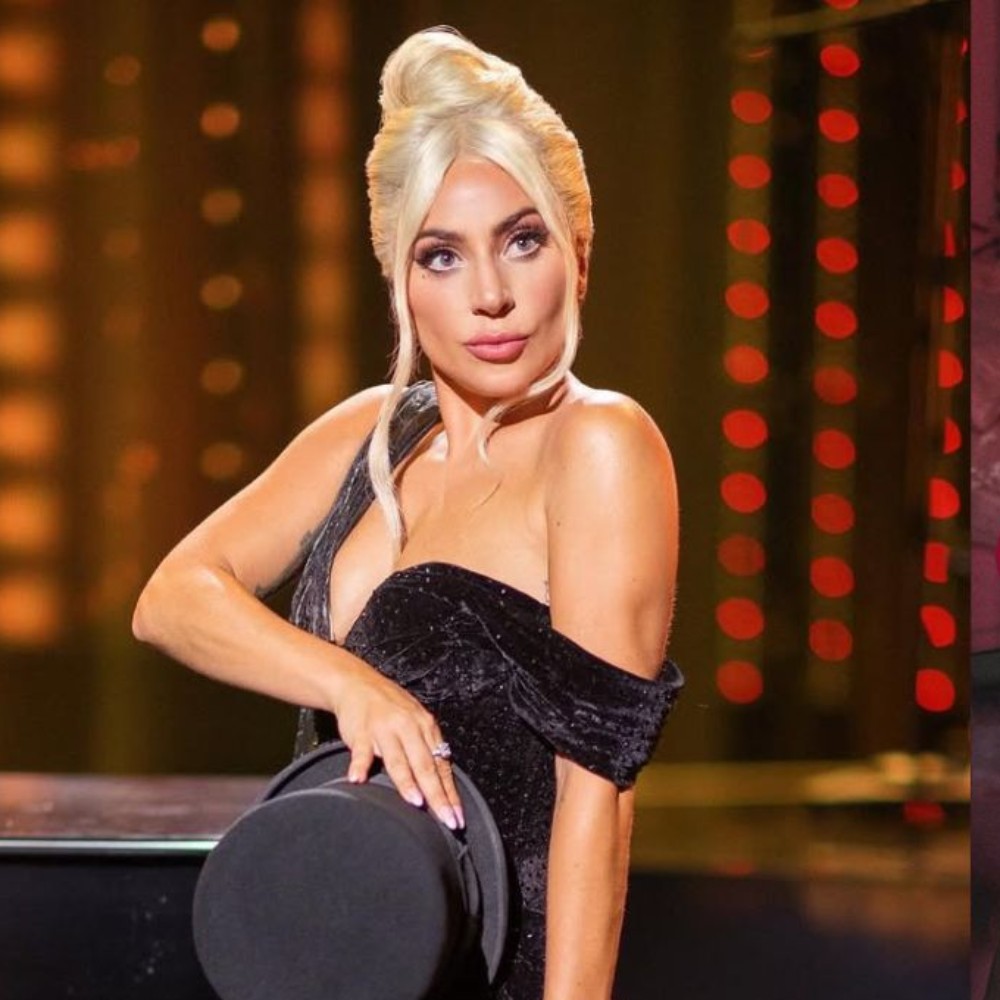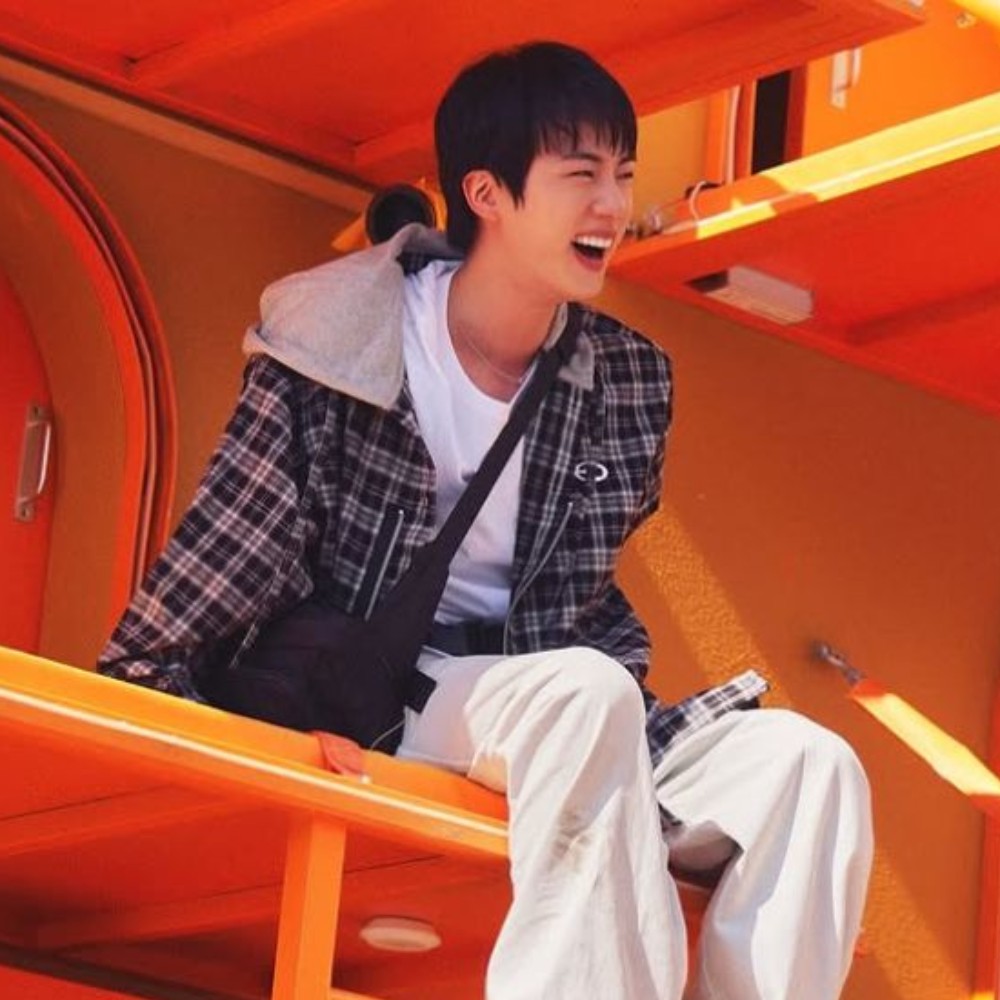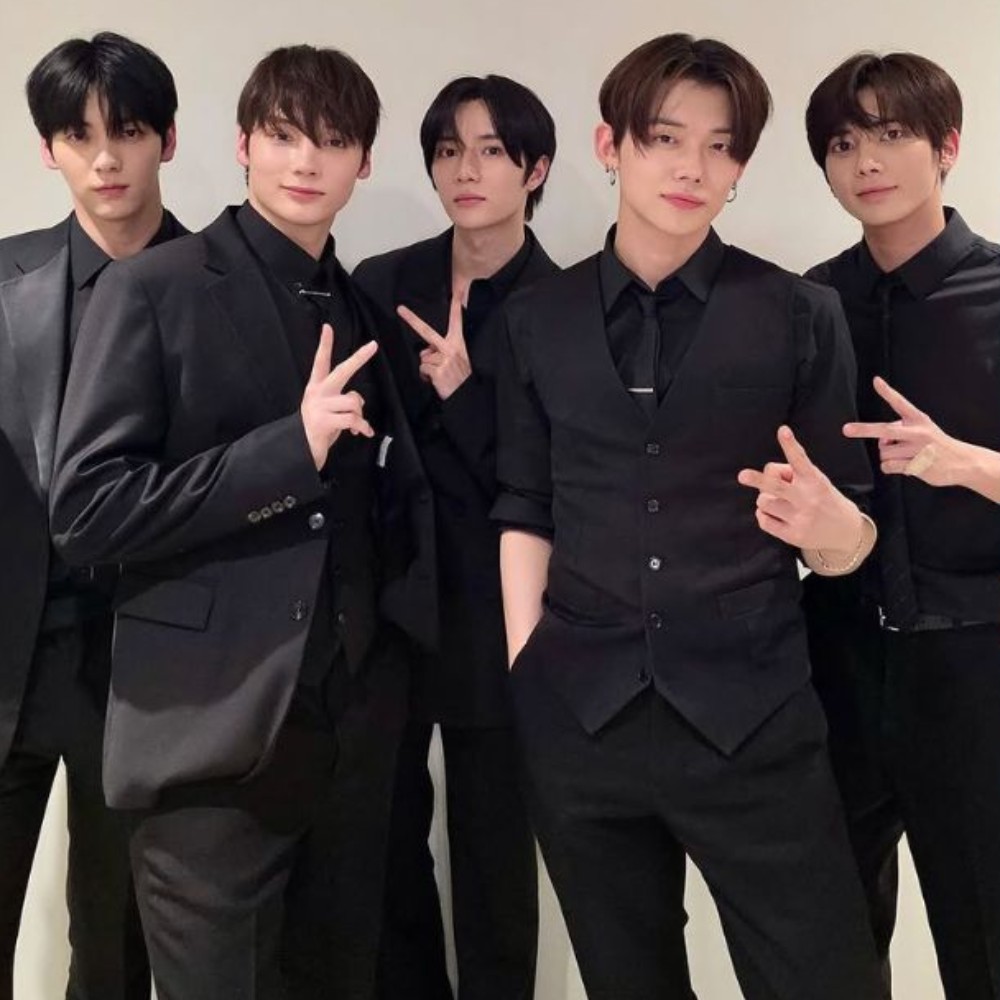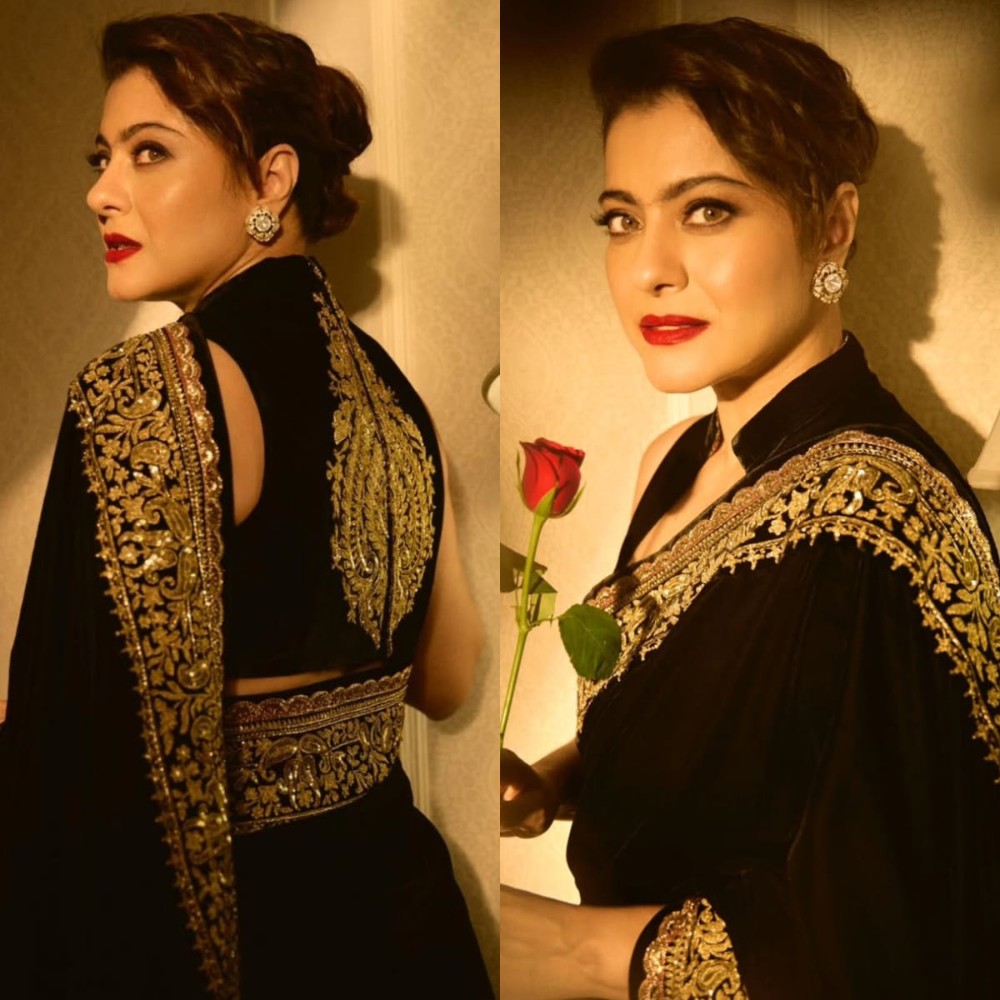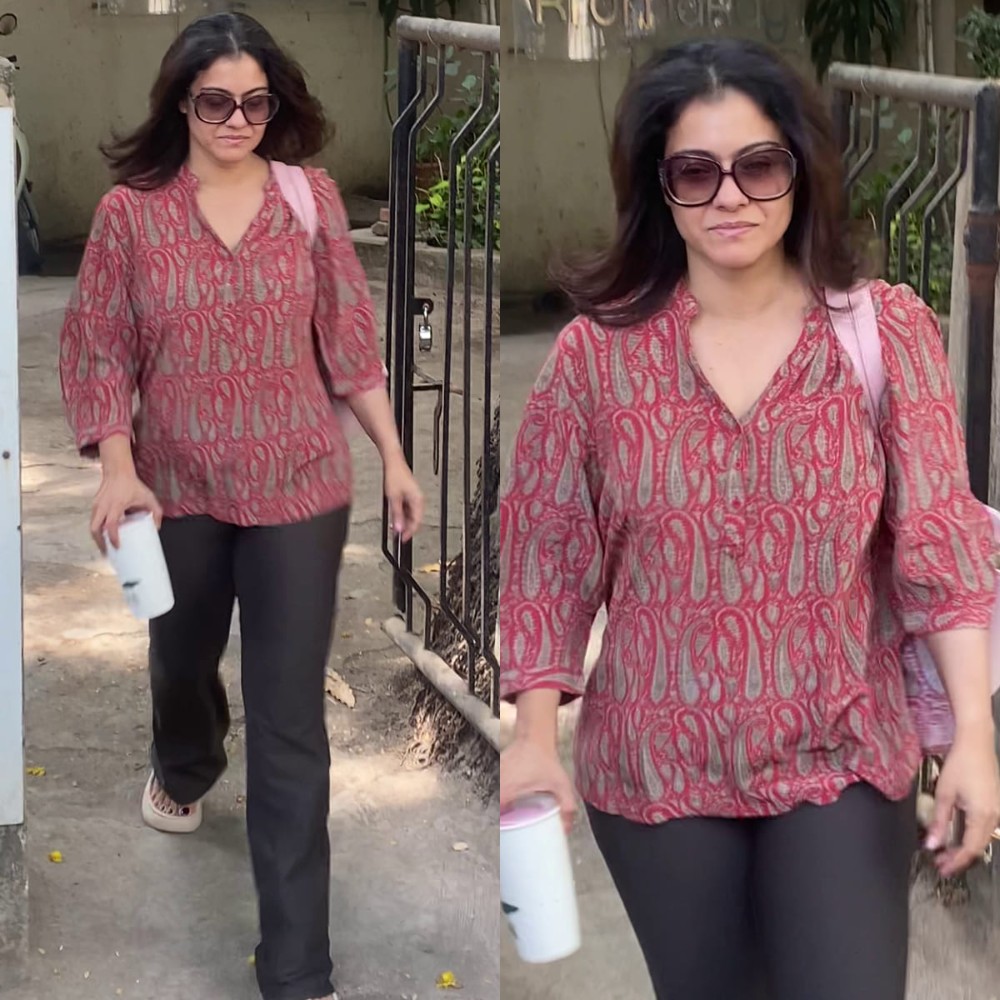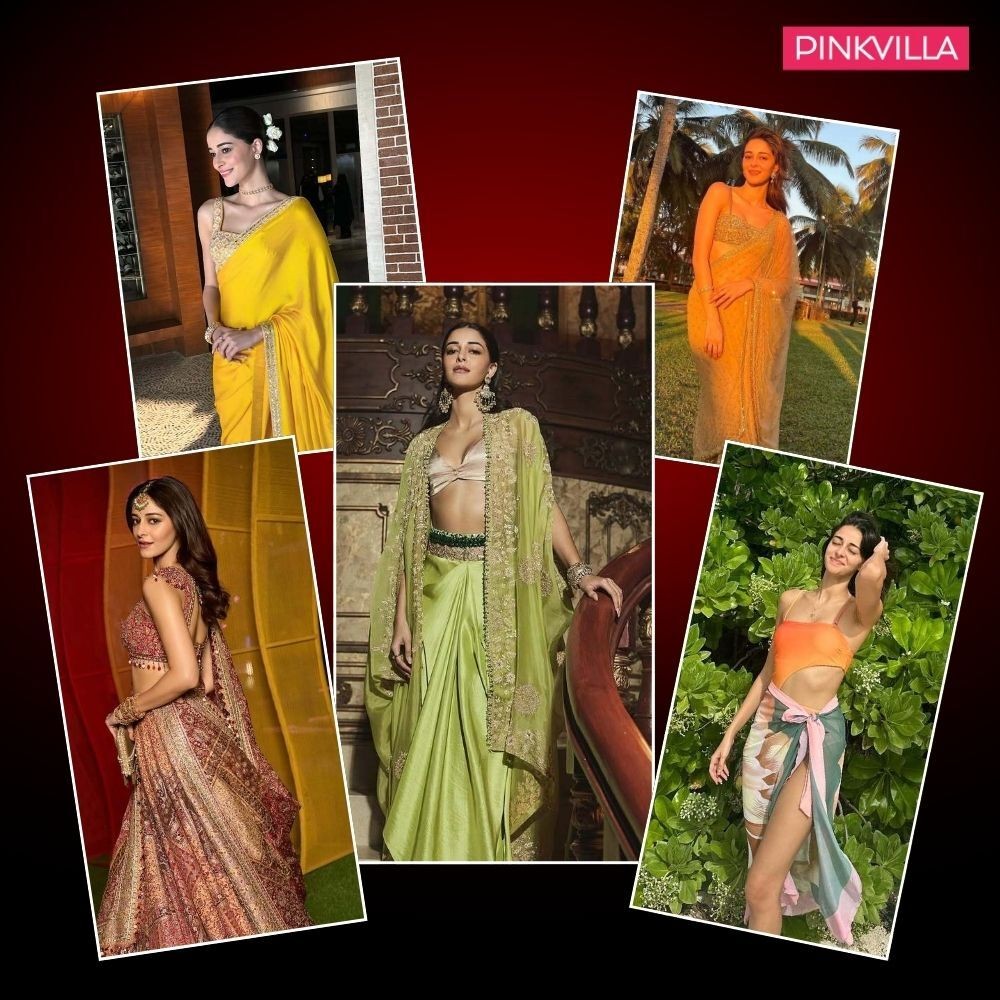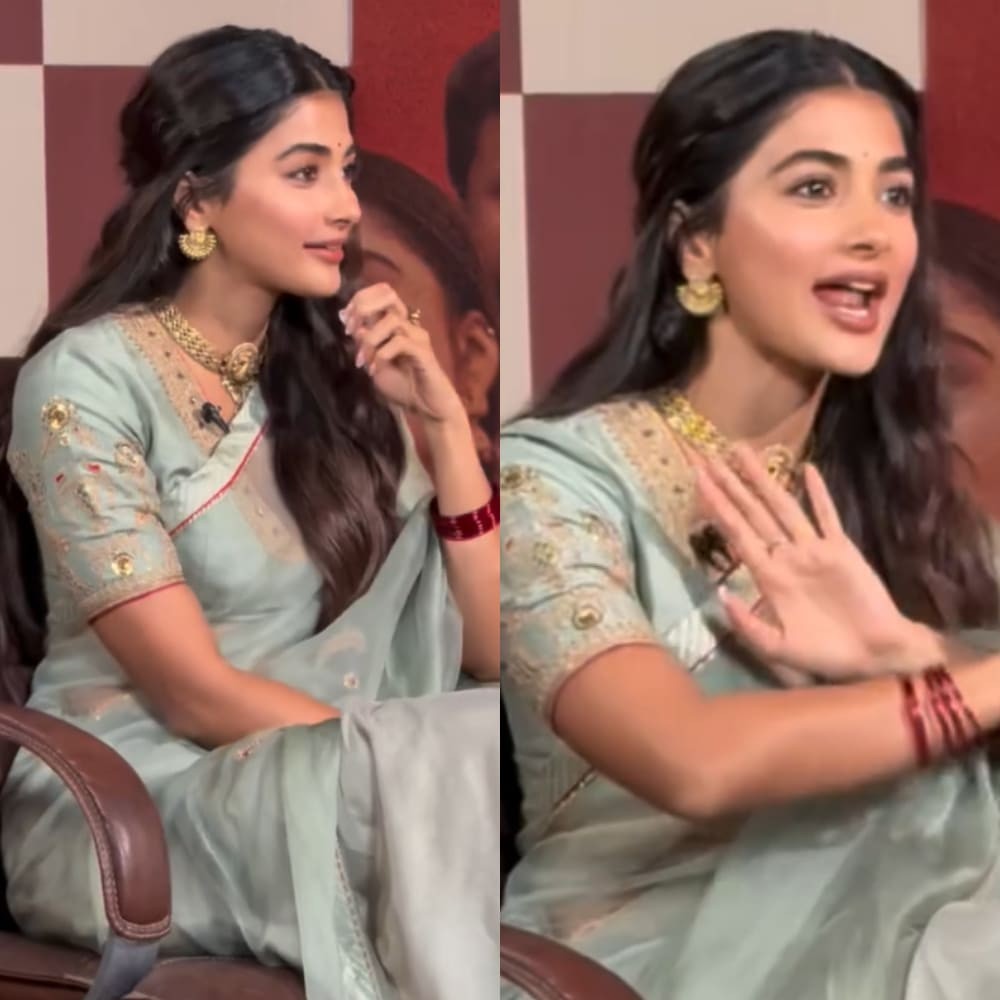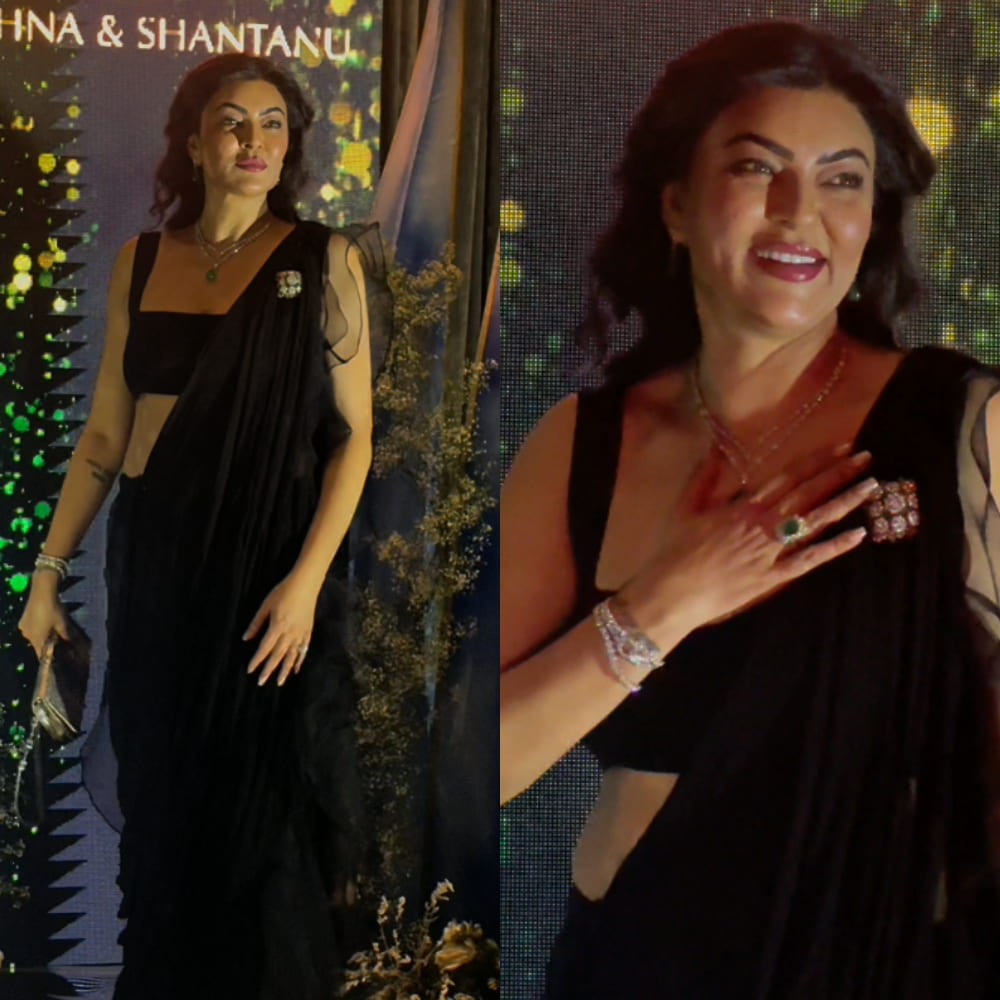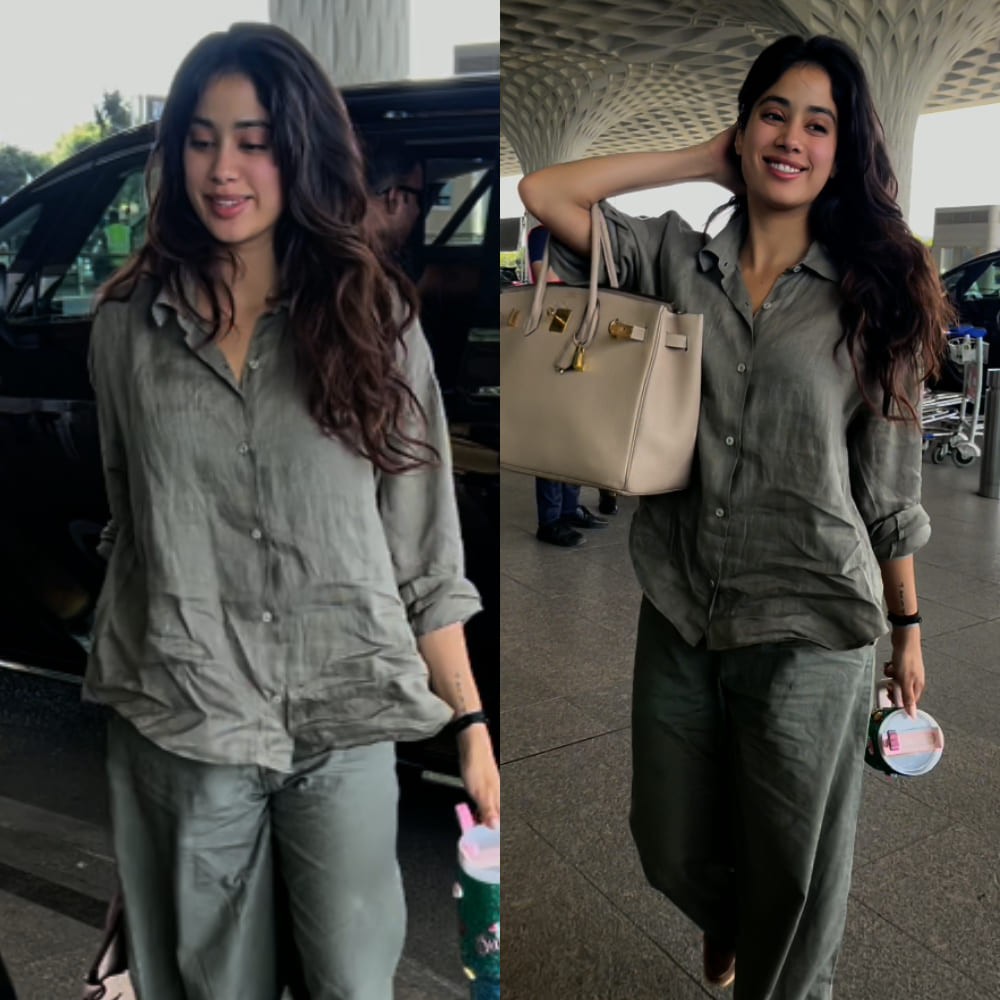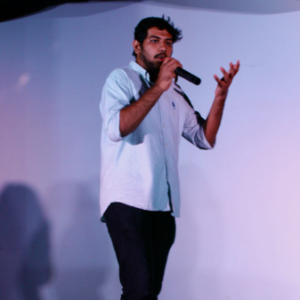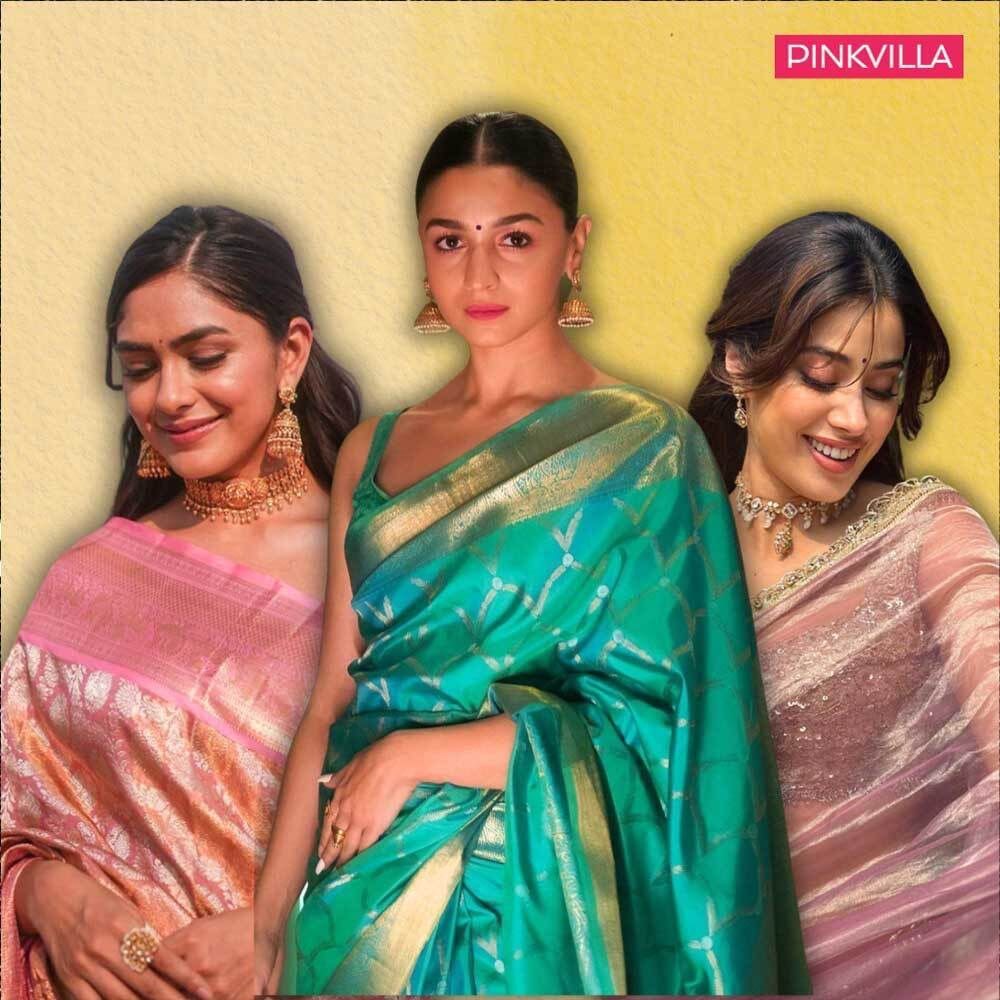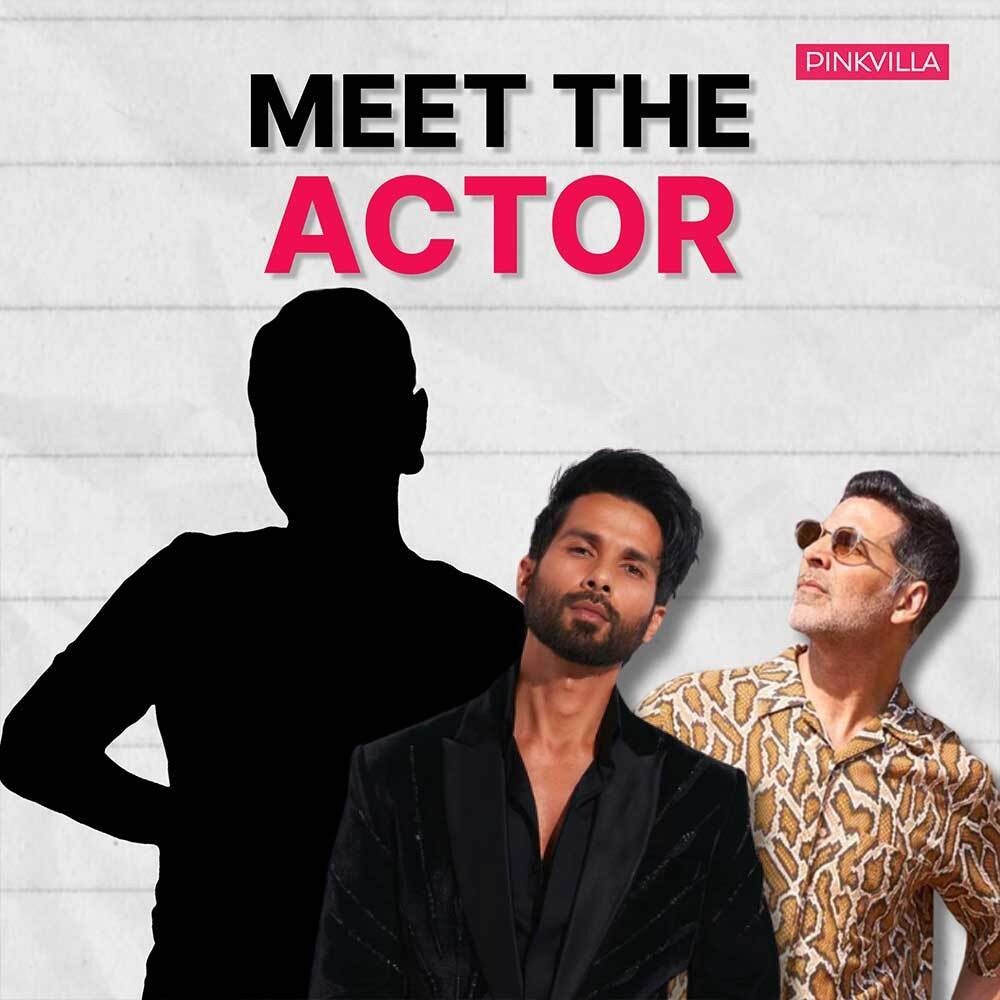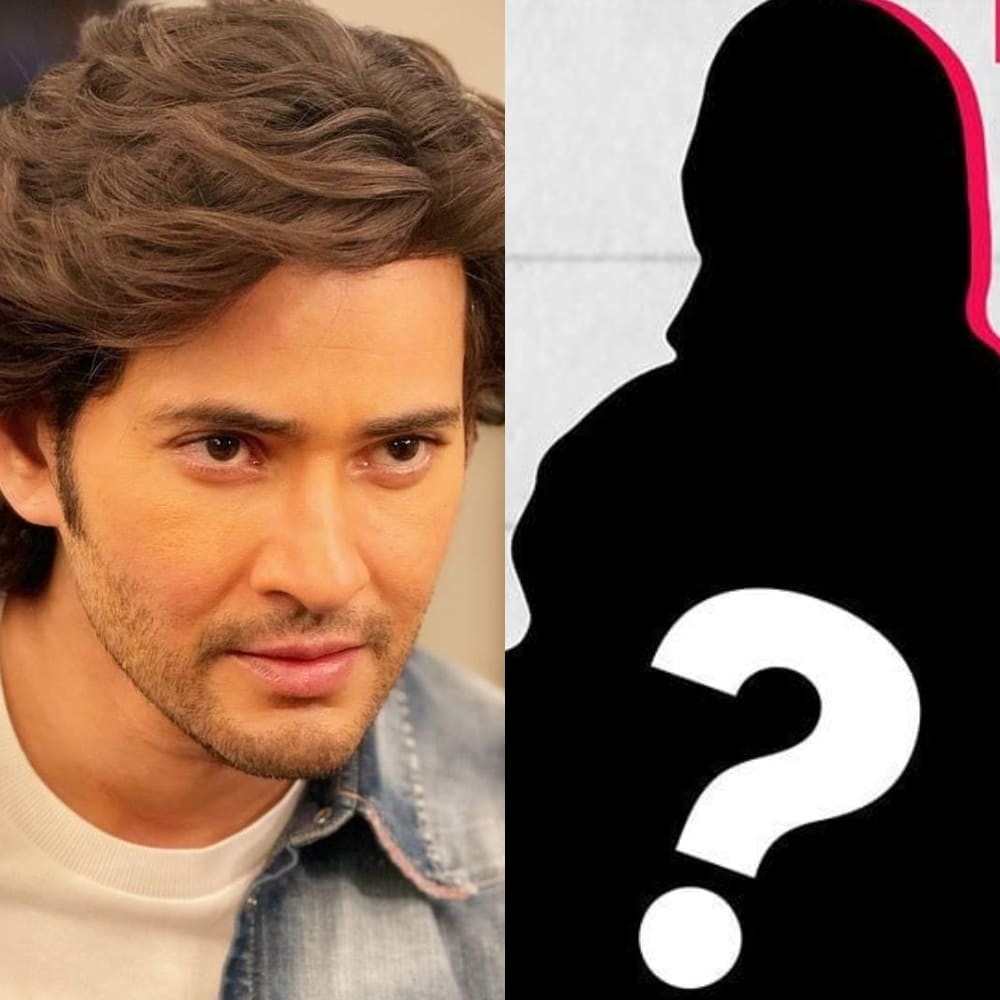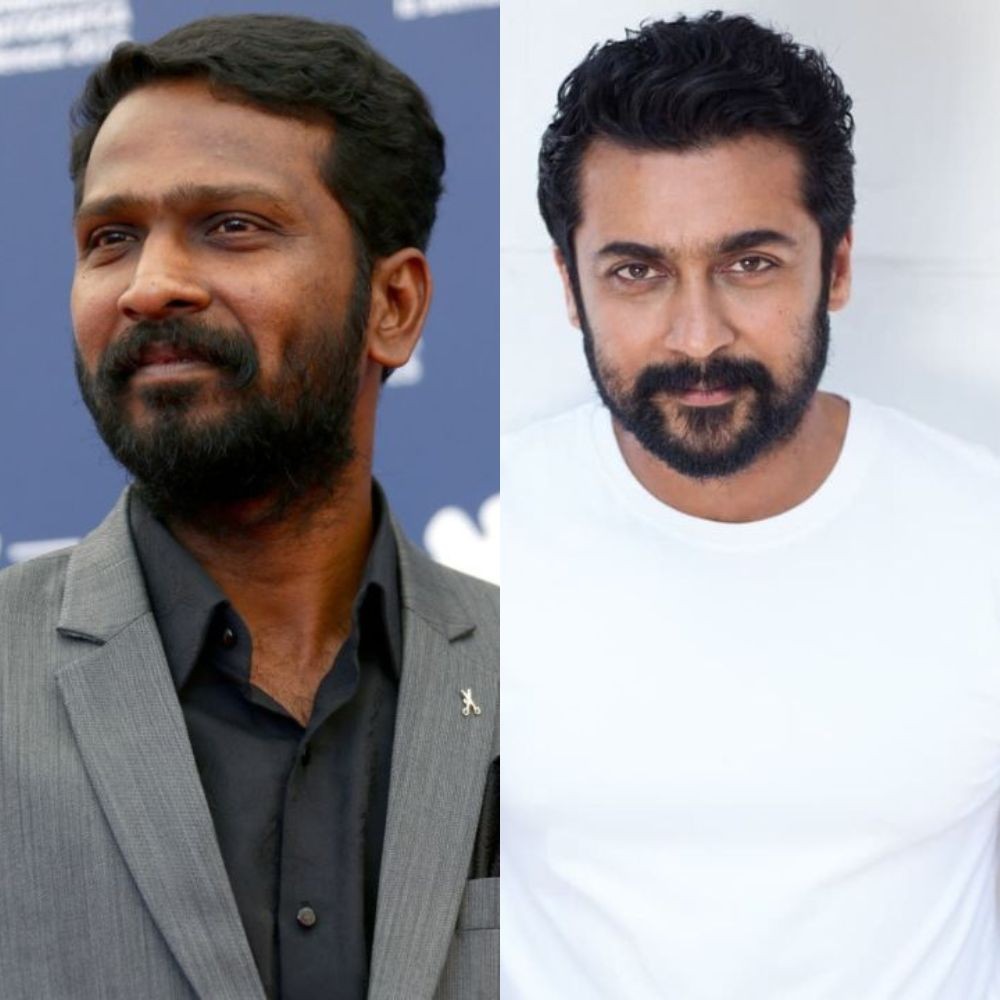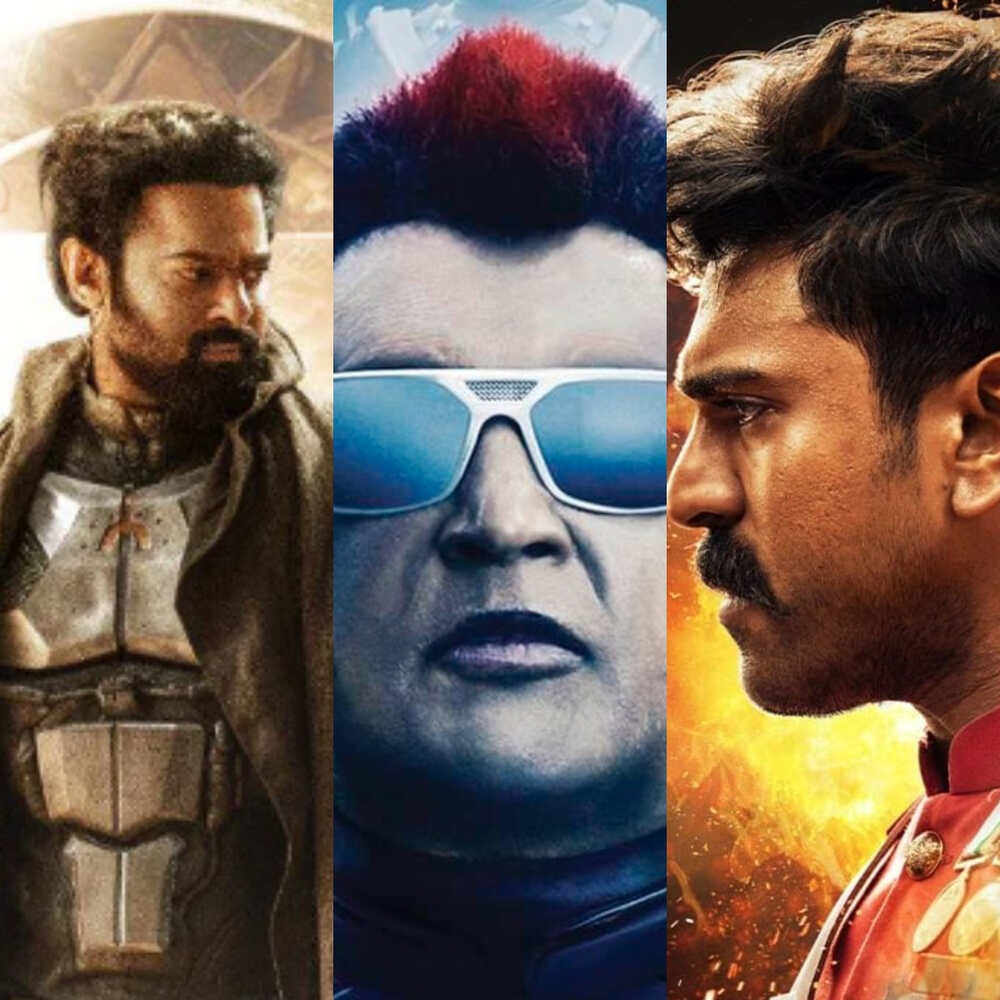OPINION: Is political correctness a driving force or a hurdle in today's cinema?
Quite recently, Malayalam actor Dileep mentioned in an interview that political correctness acts as a hurdle to comedy. But is it really the case? Let’s dive deeper into the debate.
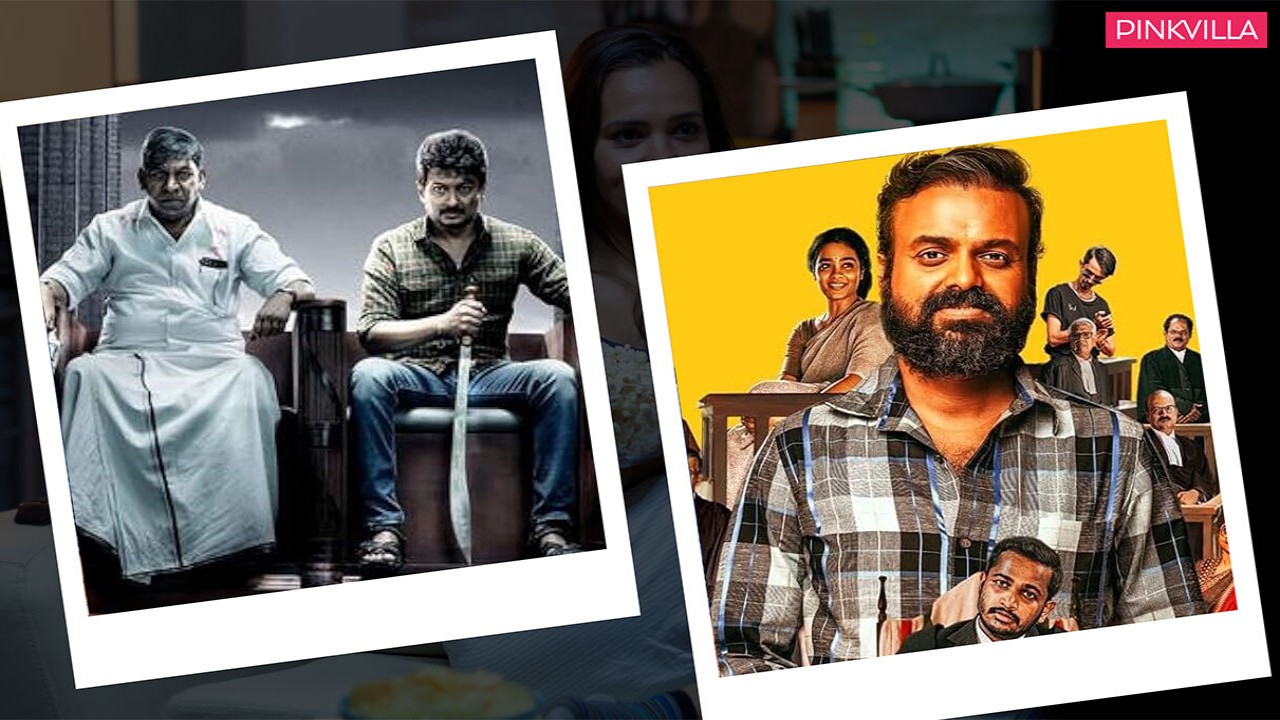
Political correctness is a term that has increasingly become a part of the day-to-day vocabulary of most people. The term is often associated with modes of public entertainment, or media, most prominently in films, speeches, or any other art form. The point put forward is quite simple - refrain from using actions or expressions that tend to exclude, marginalize, or insult groups of people that are socially disadvantaged, or discriminated against.
With its growing importance in films, it also became a major topic of discussion, with factions of people saying there is no place for political correctness in films, while another group advocates the opposite. Quite recently, Malayalam actor Dileep, known for his slapstick comedy films over the years, mentioned in an interview that political correctness impacts the quality of comedy.
Dileep says political correctness affects one's freedom of expression
In an interview, the Spanish Masala actor said that the hunt for political correctness in films acts as a hurdle for artists who are no longer able to freely express themselves, especially in the comedy genre. Dileep mentioned that he is often cautioned about dialogues citing concerns of body shaming and potential criticism.
The actor also questioned if political correctness is a law or just a set of opinions, and added that if it were a law, he would have no issues abiding by it. He further mentioned that he has no issues with being mocked, so why would he impose restrictions?
Taking the example of his 2002 film Kunjikoonan, in which Dileep plays a hunchback, the actor mentioned that the character is engaging in a form of body-shaming, however, he added that there is an essence of comedy to the dialogues.
Other celebrities express their opinions about political correctness
As mentioned earlier, the debate around political correctness is something that has been going on for a while now. Much before Dileep, several other prominent actors have raised their voices to speak about the issue.
Last year, renowned Malayalam actor Salim Kumar, who has featured in more than 300 films, and has 4 State Awards, and a National Award to his name, shared his opinion in an interview with Indian Express, which was quite similar to that of Dileep. The actor mentioned that the number of comedy roles in films has gone down, and attributed this decline to political correctness. He further mentioned that there should be no restrictions when it comes to comedy. He further pointed out that what was considered normal just 20 years ago, is being criticized today.
Ace filmmaker SS Rajamouli had also spoken about political correctness in films, at a promotional event for his 2022 film RRR. The filmmaker said that it is not possible to stay continuously worried about what others would say, and added that his job as a filmmaker is to tell a story, and that is where his allegiance lies. He mentioned that when filmmakers try to change their stories so that they offend no one, they are practically losing the flavor of the story they have.
Similarly, Vidya Balan has also mentioned in an interview with OnManorama that she does not believe political correctness has a place in films, and that freedom of expression is more important. She mentioned that everyone should be allowed to express their varied opinions and perceptions.
Additionally, director Ranjith had also expressed that films should be viewed as films and that one should not go looking for politics in films. He further mentioned that people give undue importance to cinema and that it has no power to influence people.
On the opposite end of the spectrum, there exist filmmakers like Vetrimaaran, Pa. Ranjith, Mari Selvaraj, Jeo Baby, and many more, who have their own ideas of politics through films. They have constantly argued for the influence cinema has on the audience, and vouched for its ability to reach even the most remote of citizens.
Is political correctness really the antagonist?
In order to really decide if comedy films are antagonists, it is necessary to look at several factors, which also involve the arguments made by the film stars. Let’s look at them one after the other.
1. Comedy films in the last 6 years
The argument that comedy films have taken a hit with the onset of political correctness is quite flawed. If we take just the last six years into the picture, several prominent comedy films have come out, and have made the audience’s bellies ache due to laughter.
For example, Nelson’s 2018 film Kolamaavu Kokila which featured Nayanthara in the lead, the 2019 Telugu dark comedy film Mathu Vadalara, Kunchacko Boban’s 2022 Malayalam political satire Nna Thaan Case Kodu, Manjummel Boys director Chidambaram’s debut film Jan. E. Man which was a dark comedy film, and even more recently, the Kannada film Hostel Hudugaru Bekagiddare, which Rakshit Shetty produced, and the Malayalam rom-com Premalu. All these films have gone on to become blockbuster hits that are loved by fans and critics alike.
While it might hold true that the quantity of comedy films per industry has gone down, that could be attributed to the audience’s taste and preference, which keeps changing with their exposure to more content. The onset of political correctness does not hinder the ability to make comedy films in any manner whatsoever, rather holds the filmmakers responsible for creating high-quality jokes, rather than just depending on body-shaming, or sexist jokes that are of poor taste.
2. Change in concept of political correctness with time
At this juncture, it is also necessary to look back at a statement that Salim Kumar made, which is that something that was common just 20 years ago is being criticized today. Society keeps changing, and with that societal norms as well.
As an audience, the least we can do is not judge a film or a piece of media that was released in the past, with the societal norms present today. While it is okay to look back and learn what was wrong, and how it has changed, it isn’t correct to judge the film based on what has been portrayed, considering the film was made at a time period, when people accepted the social standards that have been conveyed in that particular film.
3. What can filmmakers and the audience do?
Another major thing that has to be mentioned is that all actors mentioned above, from Dileep and Salim Kumar to Rajamouli and Vidya Balan, all of them have agreed on the basic premise that body shaming or insulting individuals personally is quite wrong. However, their argument stems from the belief that films are a medium of art, and what takes place in the course of the three hours should be viewed within the context of the three hours.
This, however, is a double-edged sword. In order to view a film in the context of the three hours that it runs, it is necessary that the filmmakers establish the world that the film is taking place in, as well as its characters well enough. Once properly established, the audience ought not to have an issue with any dialogue or scene in the film that falls under the ambit of what has been established by the filmmaker.
On the flip side of the coin, comes the audience's point of view. It is necessary that the audience learns to differentiate between an actor and a character. Just because an actor portrayed a particular character does not mean that the actions of the character are the same as the actions of the actor. The differentiation becomes easier if the character and the world have been established well by the filmmakers.
Conclusion
In conclusion, the idea that political correctness acts as a hindrance to one’s freedom of expression is quite flawed. What matters is the level of establishing that the filmmakers have done, and the basic understanding for the audience that the character and the actor are two different entities.
Furthermore, the realization that films and art can act as conversation starters, leading to discussions about various topics is also equally important. It is quite obvious that there will be people who have a different point of view. However, understanding the opposing viewpoints through a discussion, rather than an argument would actually help one get a better understanding of any situation.
Finally, political correctness is not a new concept that has been introduced in the past decade. It has existed over the last 40, maybe 50 years in some way or form. However, the way that political correctness presents itself is what changes. What is right today, may not be right tomorrow, and vice versa. As the proverb goes, change is the only constant.
Disclaimer: The opinions expressed within the content are solely the author's and do not reflect the opinions and beliefs of the website or its affiliates.
ALSO READ: Nivetha Pethuraj breaks silence on allegations regarding 'money being lavishly spent' on her





 JOIN OUR WHATSAPP CHANNEL
JOIN OUR WHATSAPP CHANNEL
